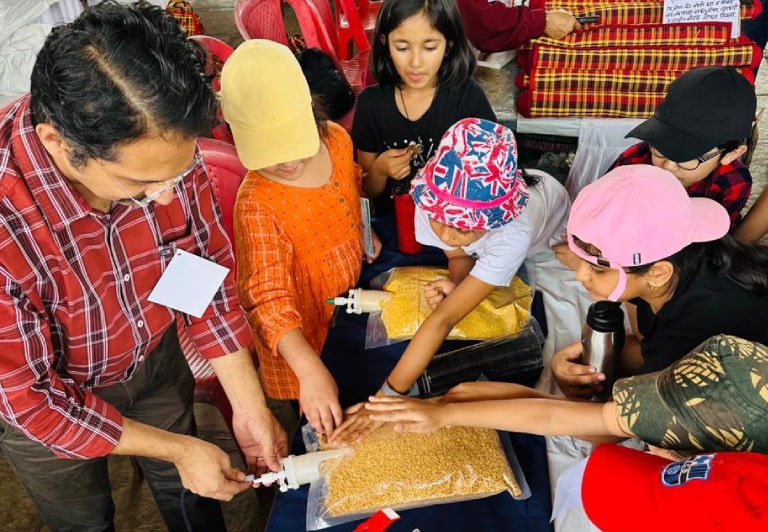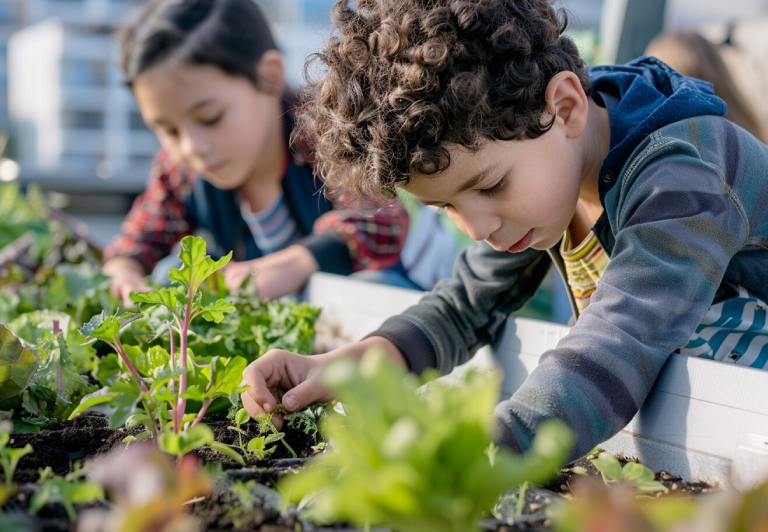Key Differentiators
Education Reimagined, for the 21st Century
As the world continues to evolve at an unprecedented pace, so must our approach to education. Traditional schools, with their rigid structures and one-size-fits-all methodology, are increasingly challenged to adequately prepare students for the demands of the 21st century. At UnSchool, we offer a bold, innovative approach to education designed to meet these demands.
Here are some key distinctions between UnSchool and traditional schools:

Learner-Centered vs. Curriculum-Centered
Traditional schools often place the curriculum at the center, expecting students to adapt to it. At UnSchool, the learner is our focus. We acknowledge and celebrate the uniqueness of each learner and adapt our curriculum to cater to their interests, strengths, and learning styles.

Active Learning vs. Passive Learning
In traditional schools, learning is frequently a passive process, with students primarily receiving information from the teacher. At UnSchool, learning is an active process, where students construct their own knowledge through exploration, experimentation, and reflection.

Collaboration vs. Competition
Traditional schools often foster a culture of competition, where students compete against each other for grades. At UnSchool, we nurture a culture of collaboration, where students work together on projects, learning from each other, and supporting each other’s growth.

Meta-Skills + Academic Skills
While traditional schools often focus on academic skills, UnSchool places equal emphasis on meta-skills such as critical thinking, creativity, collaboration, communication, and problem-solving. We believe these skills are essential for success in the 21st century.

Real-World Connections vs. Classroom Isolation
In traditional schools, learning often occurs in isolation from the real world. At UnSchool, we strive to connect classroom learning with real-world contexts, making learning more relevant and meaningful for our students.

Autonomy vs. Dependence
At UnSchool, we’re not just preparing our students for exams or careers; we’re preparing them for life. We’re equipping them with the skills, attitudes, and mindset they need to navigate the complexities of the 21st century, contribute positively to society, and lead fulfilling lives.
